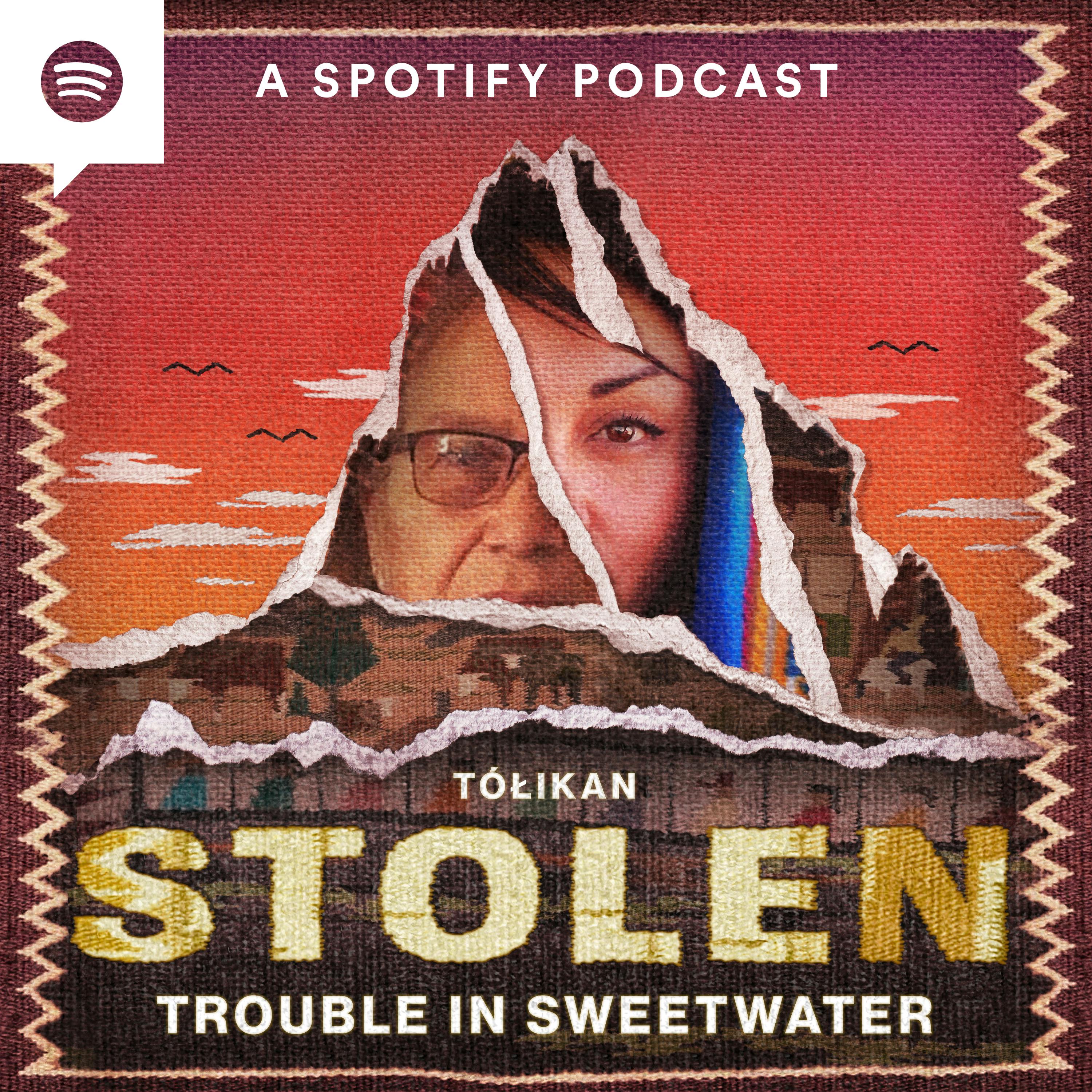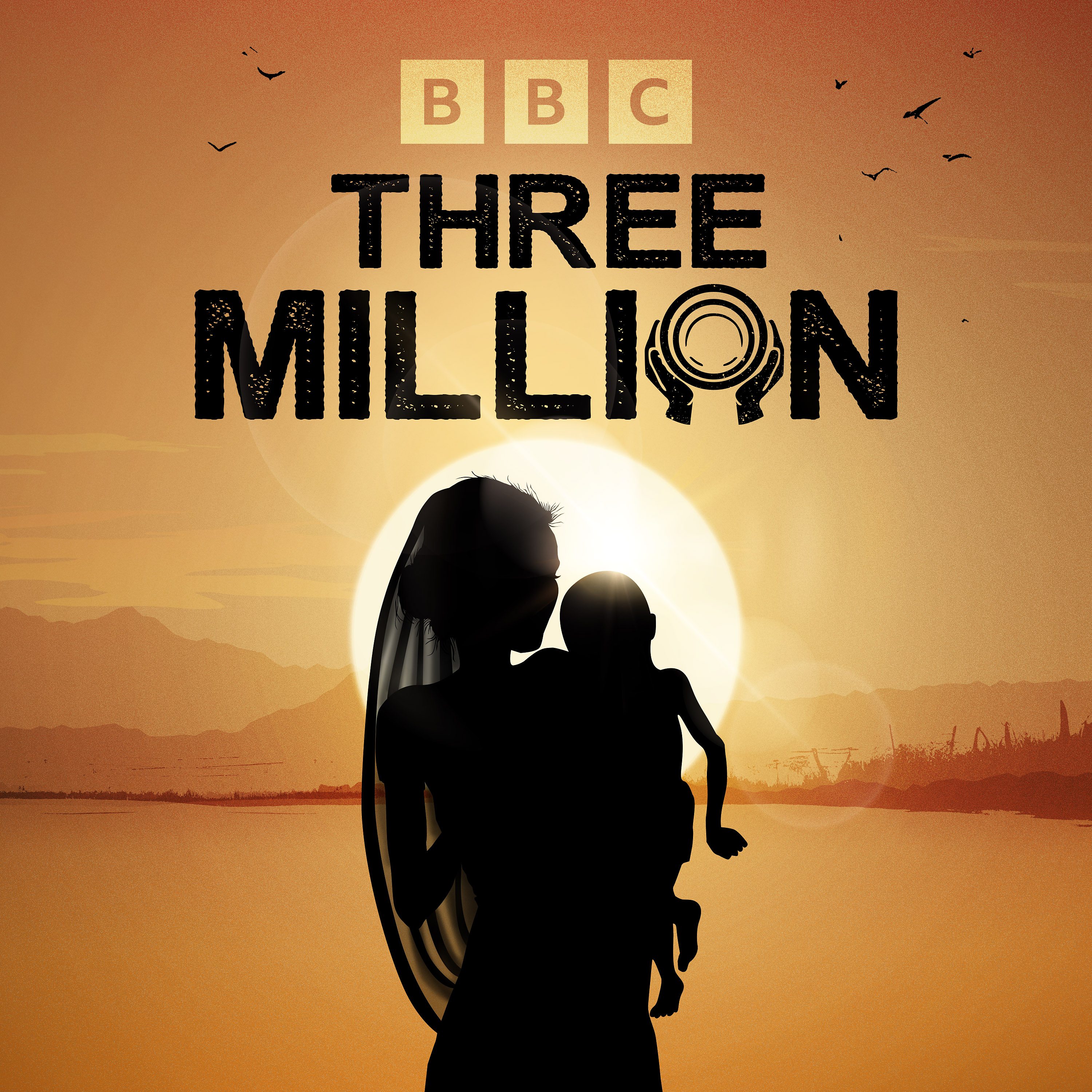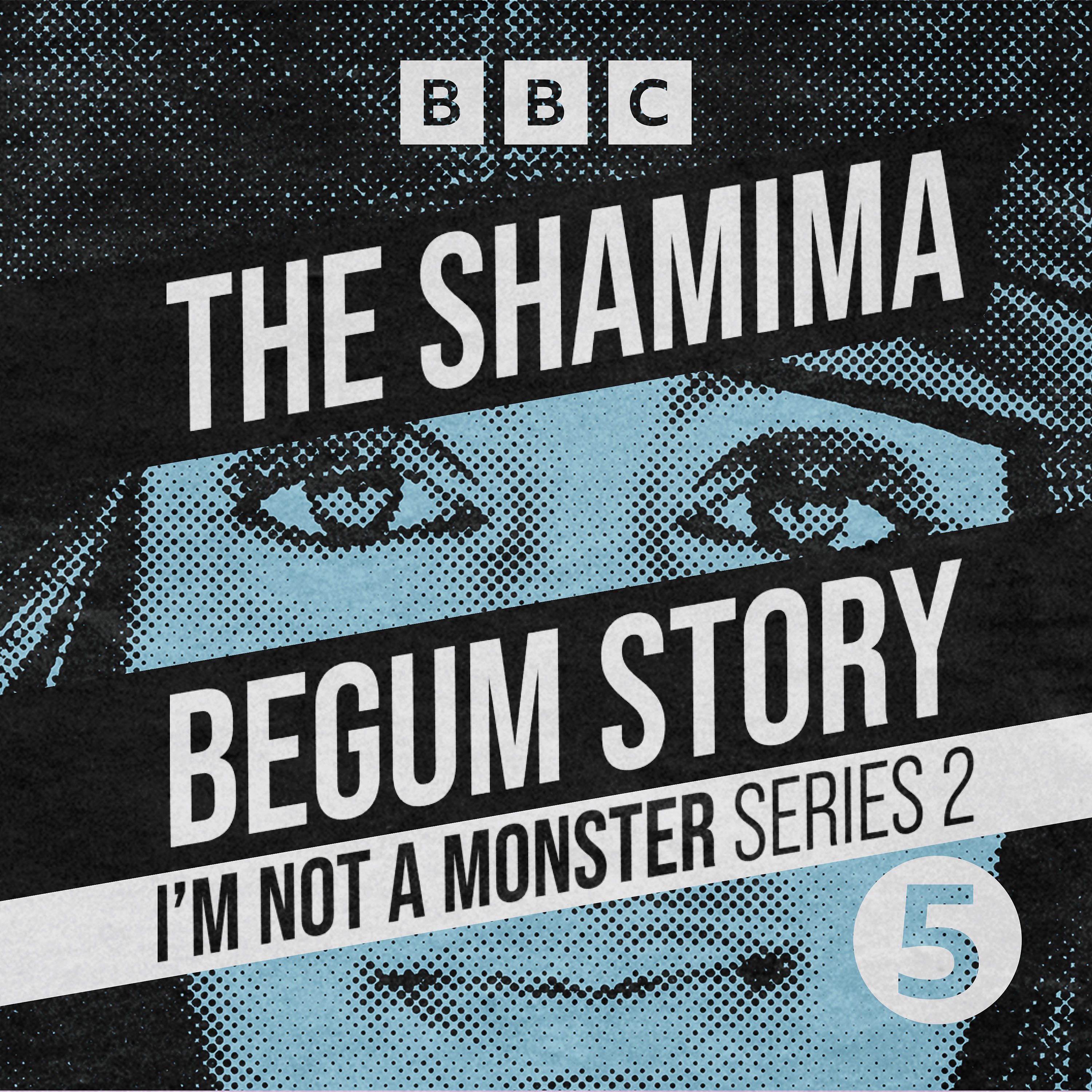
Nepal Now: On the Move
We're talking with the people migrating from, to, and within this Himalayan country located between China and India. You'll hear from a wide range of Nepali men and women who have chosen to leave the country for better work or education opportunities. Their stories will help you understand what drives people — in Nepal and worldwide — to mortgage their property or borrow huge sums of money to go abroad, often leaving their loved ones behind.
Despite many predictions, migration from Nepal has not slowed in recent years, except briefly during the height of the Covid-19 pandemic. About 1 million Nepalis leave every year to work at jobs outside the country. Tens of thousands go abroad to study. Far fewer return to Nepal to settle. The money ('remittances') that workers send home to their families accounts for 25% of the country's GDP, but migration impacts Nepal in many other ways. We'll be learning from migrants, experts and others about the many cultural, social, economic and political impacts of migration.
Your host is Marty Logan, a Canadian journalist who has lived in Nepal's capital Kathmandu off and on since 2005. Marty started the show in 2020 as Nepal Now.
Nepal Now: On the Move
Nepal Now: Right Now! Feedback from a sharp-eyed listener, Nepali youth in Hong Kong
Thank you to listener Trilok for pointing out a typo that was on the Nepal Now webpage for almost 4 years, from episode #1. I'm embarrassed but grateful to his sharp eyes.
Please keep the feedback coming, via LinkedIn, as Trilok did, or at the other social channels listed below. You can also email: nepalnowpod(at)gmail.com, or text the show at the link at the top left. It's a US number so the usual messaging charges would apply.
I don't think we have many listeners who use Google Podcasts but if you do, that option will soon be discontinued according to reports, so you’ll need to find a new app. We’re available on most of them — Apple Podcasts, Spotify, PocketCasts, Deezer, and many more — so don’t forget to make the move.
Recent news about migration and Nepal included a poignant report in Nepali Times that quoted family members of 12 migrants who ended up fighting for the Russian Army and died on the battlefield. This reflects the desperation people must feel to earn money to keep their families afloat.
You can hear other news items in the audio, and check out the links below.
Coming up next week
We speak with Prakash Gurung, who keeps trying to move overseas but is yet to succeed. Why does he keep trying?
Resources
- Remittances and farm households’ income
- Nepali Times – migrants’ deaths in Russia
Tell us how we're doing, or just say hi
You can subscribe to Nepal Now for as little as $3 a month. Your support will help to defray the costs of making the show. And you'll also get a shout-out in a future episode.
You can also show your love by sending this episode to someone who you think might be interested or by sharing it on social media:
LinkedIn
Instagram
Sign up to our newsletter
Music by audionautix.com.
Thank you to PEI in Bankhundole and Himal Media in Patan Dhoka for the use of their studios.
Nepal Now is produced and hosted by Marty Logan.
Hey everyone, this is Marty. I've got a cold this week, so I might sound strange, stranger than usual. This is episode four of Nepal Now: Right Now!, where we share feedback from listeners and news about migration and Nepal. So I want to start by giving a big thank you to Trilok, who contacted me on LinkedIn. Uh, he told me that, and this is very embarrassing, in episode number one of the podcast, of Nepal Now podcast so we're talking almost exactly four years ago now, the very first episode there was a typo in the very first sentence, where it said COVID started in Nepal in 2000 instead of, of course, 2020. So, I corrected that in the text, and I went back and listened, and it's not, that mistake is not in the audio, which is great. I can't believe it stayed there so long without me or someone else noticing, but it did until Trilok came along. So, thanks again, Trilok, for doing that. He also gave me an idea for an episode about reintegration of migrant workers who return to Nepal. with some skills but not the right skills to find decent jobs and how people are working to kind of bring those two things together so people can return and be employed and look after their families. So I'm hoping to focus an episode on that pretty soon. As I've said before, I'd like to get more feedback like that from Trilok. You can use LinkedIn as he did, you can email me at nepalnowpod(at)gmail.com, you can text at the link at the very top of every episode description. It is a US number, so if you're not in North America, you'll have to pay messaging charges. And I especially would like to hear about people about to leave the country or about to come back. And hopefully they would be willing to speak to me about their plans. Okay. Another note: if you listen to the show on Google Podcasts, that option will apparently soon be Google Podcasts is disappearing, so you'll need to find a new app. Nepal Now is available on most of them Apple Podcasts, Spotify, PocketCasts, Deezer, and many more, so please don't forget to make the switch. And now, on to some news about migration. Last week's Nepali Times had a very poignant piece about 12 Nepalis killed while fighting with the Russian army. have brief descriptions with quotes from family members and in some cases the migrants themselves, which raised many, many questions to me. But at its core it really reveals the desperation of people who go to Russia, hoping that they can raise enough money to look after their families. On a related note, the Government of Nepal last week hosted a job fair at various places across the country. There was one here in Kathmandu that I wanted to go to, but I didn't make it. So if you happened to go in Kathmandu or anywhere else in the country, and you want to share something about that, please let me know. I'd be happy to hear how it went. You might have seen that a few days ago I posted on social media a statistic that really amazed me. It comes from the International Day of Family Remittances by the International Fund for Agricultural Development, IFAD. And it said that smallholder farm families, so the smallest farms in the country, earn 80 percent of their household income from the money sent home from migrant workers, so remittances. And only 20 percent from agriculture. That really, really surprised me. And it's yet again a reminder of the importance of labour migrants and, of course, remittances, to Nepali families and to the country as a whole. By the way, the links for all of these news items I'm discussing will be at the bottom of the description to the notes for this show, if you want to check them out. The final piece of news I saw this week, it was something I'd never thought about before. It's from Hong Kong, and it said that one out of five Nepali youth living in Hong Kong had been forced by their families to return to Nepal, mainly for two reasons, two reasons. The first: to remove them from a relationship, to get them out of a relationship that the family was worried about, opposed to, etc.. The second reason was to cut back on family expenses, because of course, it's more expensive to live in Hong Kong than Nepal. Some background on this: many Nepali families settled in Hong Kong because one of their members had joined the British Army, the famed Gurkha regiment of Nepali soldiers. So there's a huge Nepali population here, and of course, they still have family in Nepal. I think it's quite easy to go back and forth if, if you want to or need to. Okay, that's it for this week. Coming up next week, we're going to be speaking to Prakash Gurung, a young fellow I met when I hired him as a Pathao driver. He keeps trying to go overseas, but hasn't succeeded so far, so I'm talking to him about why it's so important for him to go overseas. That's coming up next week on Nepal Now: On The Move. That's it for this week, and I'll talk to you next week. Bye bye. By the way, the links to all of these




